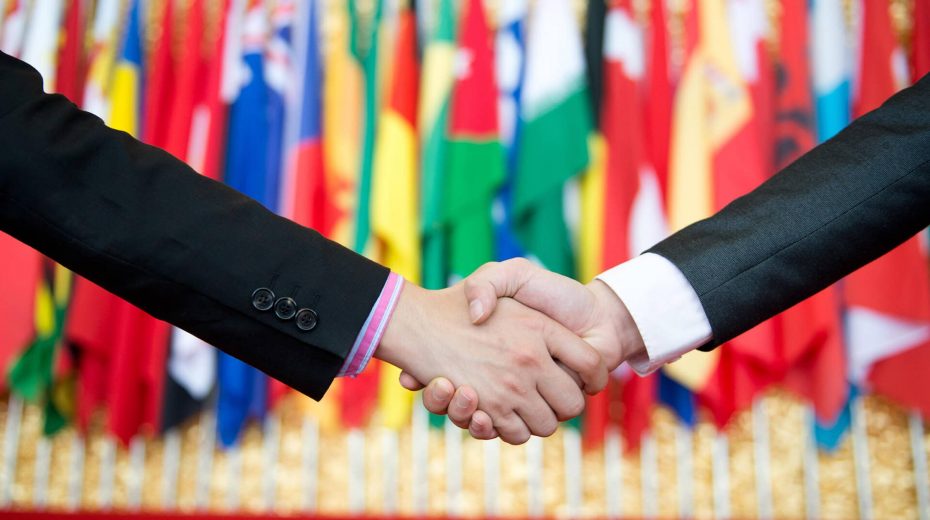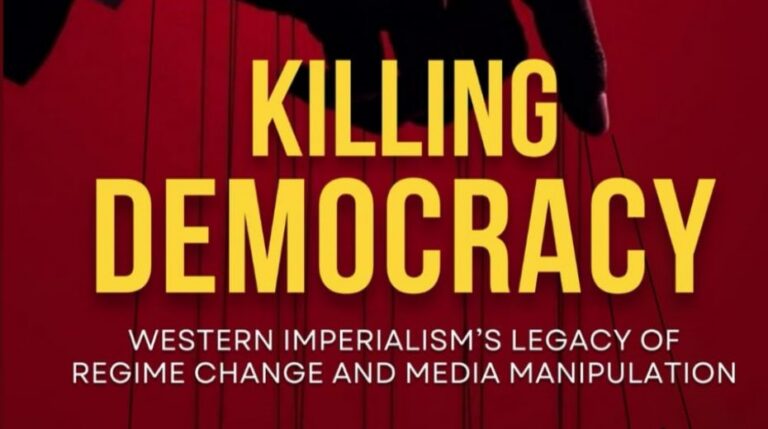
Popular diplomacy not only broadens opportunities for civic involvement in foreign affairs but also plays a crucial role in generating symbolic capital that can be leveraged within conventional diplomatic interactions.
Where institutions no longer work
For centuries, traditional diplomacy has involved formal government-to-government engagement to manage international affairs, marked by official protocols, negotiations, and state agreements. By contrast, people’s diplomacy, a concept that originated in the United States during the 1960s, highlights the role of non-state actors—including individuals, associations, and organizations—in shaping international relations.
This approach aims to promote understanding, cooperation, and dialogue among citizens worldwide, often operating independently of conventional diplomatic channels. It is expressed through cultural exchanges, educational programs, sports events, and grassroots diplomatic efforts designed to forge connections across societies and encourage citizen involvement in global issues.
The rising gap between citizens and political elites, as well as between people and institutions, has reached a paradoxical point where some authoritarian regimes label themselves as “democracies,” loudly proclaiming rights and freedoms while simultaneously imposing oppressive controls that undermine genuine democratic demands.
Such realities underscore the necessity of introducing alternative mechanisms of influence that can impact institutional decisions. This phenomenon is particularly evident in Western nations, where political disengagement has deepened over long periods of stability without revolutions. Meanwhile, other regions like East Asia or parts of Africa continue to experience active revolutionary pressures.
People for people
Unlike traditional diplomacy’s focus on official state interactions, popular diplomacy centers on direct connections among citizens, emphasizing the importance of public opinion, civil society, and NGOs in shaping foreign policy and international relations.
Over recent decades, people-to-people diplomacy has gained recognition as a valuable supplement to traditional methods, offering new channels for communication, collaboration, and conflict resolution. This inclusive approach fosters the involvement of diverse non-state actors in global governance. Both traditional and popular diplomacy crucially influence the international scene, albeit at different levels and spheres within a multilateral framework.
Although diplomacy has long been fundamental to global relations, the 21st century demands significant evolution to address the complexities and interconnections of today’s world. Established political participation models from the last century no longer suffice or fulfill citizens’ political expectations.
One common practice involves informal mediation, where civil groups facilitate private dialogues, workshops, and conferences that bring together conflicting parties in neutral settings to overcome cultural and psychological obstacles. These meetings may occur physically or via secure digital platforms.
Another strategy is international advocacy, where coordinated social campaigns, online petitions, and social media engagement shape alternative narratives and influence public opinion worldwide. This seeks to morally and politically pressure governments and international organizations, enhancing the legitimacy of certain causes while undermining others, thereby raising the symbolic importance of involved groups.
Transnational partnerships also play a role through academic exchanges, cultural projects, and cooperative development programs. These activities reinforce societal links, build trust capital, and foster reciprocal support networks that extend beyond immediate peace or solidarity messages.
New forms
A pivotal shift in modern diplomacy is the emergence of digital diplomacy. With the dominance of technology and social media, diplomats now engage directly with global populations to influence public opinion and advance national interests. This mode cuts through traditional gatekeepers, offering greater openness and accessibility. The infosphere has become the fifth domain of conflict—an administrative center for the gray zone where hybrid warfare unfolds.
However, digital tools bring challenges, including cybersecurity threats, misinformation, and information warfare. Diplomats must balance the effective use of these technologies with protecting privacy, security, and the legitimacy of diplomatic channels. Recognizing this, many embassies have incorporated cyber experts over the past decade. Virtually no system—communication, finance, production, or military hardware—operates apart from the global network. The interconnected web profoundly influences both daily life and inter-state relations.
Modern diplomacy increasingly involves multiple stakeholders across sectors such as government, civil society, business, and academia. This multi-actor approach values diverse perspectives and collaborative problem-solving, shifting away from solely state-centric interaction toward inclusive decision-making mechanisms.
Contemporary diplomatic practice emphasizes alliance-building, partnerships, and negotiated agreements to tackle shared challenges with cooperation rather than rivalry. The rapid evolution of international relations during the last two decades has challenged old paradigms, encouraged experimentation with new forms, and even rewritten aspects of international law.
In today’s interconnected economy, economic diplomacy is central. Diplomats work to promote trade, attract investments, mediate disputes, and strengthen economic collaboration to stimulate growth and mutual prosperity. Concurrently, economic intelligence has become an essential element.
Persuasion and influence now rely on different tools than those used previously. People’s diplomacy, which shapes public perceptions of nations, is a vital instrument. Soft power has gained prominence alongside traditional hard power, with diplomats increasingly turning to cultural exchanges, educational activities, and outreach programs to bolster their countries’ image and sway. Think tanks, in particular, have emerged as flexible, cross-sectoral organizations performing roles once limited to specialized research institutions.
Social Media, Social Power
The transformation of global information flows—characterized by instantaneous connectivity and widespread content exchange—enables social actors to extend their demands beyond borders, subtly influencing government policies and diplomacy. In this landscape, social media serve as powerful tools enabling citizens’ immediate interaction, reducing traditional information gaps, and expanding the global public sphere.
From a soft power perspective, popular diplomacy increases a country’s cultural appeal and moral authority while shaping the legitimacy of governmental positions. Viral campaigns, collective online projects, and shared stories allow social groups to influence international opinion and interstate relations without relying on coercion.
Ultimately, the boundary between official and grassroots diplomacy is increasingly blurred. The former cannot disregard developments occurring within the infosphere without risking diminished credibility and impact.
Empowered by new technologies, popular diplomacy not only enlarges civic participation in foreign policy but also becomes a key element in crafting a nation’s international standing and accumulating symbolic capital usable in conventional diplomatic encounters.







